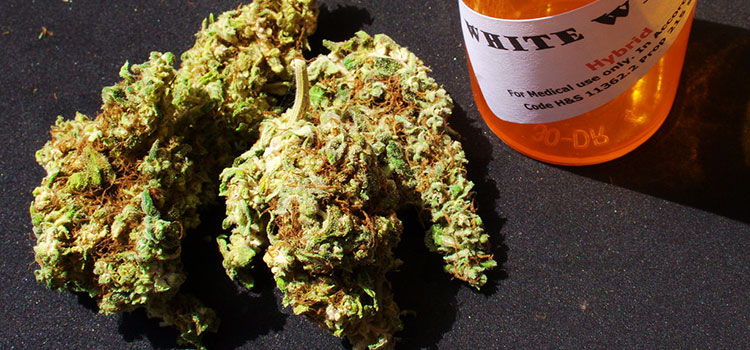Businesses in states with medical marijuana programs reported an 8 to 15 percent reduction in illness-related employee absences compared to states without such programs, according to a study published in the July edition of the journal Health Economics.
Employee absences in states with “lax” medical cannabis laws decreased by 16 percent and the effect is stronger for full-time workers and middle-aged males, who are more likely to be registered in medical programs. The figure is just 3 percent in states with strict programs.
According to a 2005 report from the Workforce Institute, about one in 10 workers is not at work when scheduled, costing employers, conservatively, $3,600 per hourly employee per year, and $2,650 per salaried employee per year.
The study suggests that medical marijuana infrastructure would increase employee productivity, due to increased employee presence on the job, which decreases costs for employers.
“Although there is not a direct identification of those who use marijuana for medical purposes in the data, overall sickness absence is reduced for those in age and gender groups most likely to be cardholders,” Darrin Ullman, the study’s author, concluded.
Presently, 23 states and Washington, D.C. have medical cannabis programs. For the study, Ullman considered Arizona, California, Colorado, Michigan, Montana, Nevada, Oregon and Washington as those with lax programs.
Get daily cannabis business news updates. Subscribe
End
